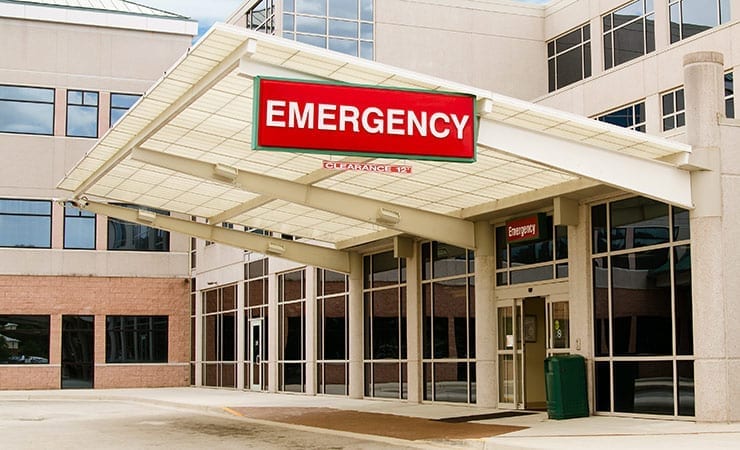The U.S. Department of Health and Human Services has awarded more than $840 million in cooperative agreements to improve and sustain emergency preparedness of state and local public health and health care systems.
The cooperative agreement funds are distributed through two federal preparedness programs: the Hospital Preparedness Program (HPP) and the Public Health Emergency Preparedness (PHEP) programs. Nationwide, HHS awarded a total of $228.5 million for HPP and $611 million for PHEP in fiscal year 2015.
These programs represent critical sources of funding and support for the nation’s health care and public health systems. The programs provide resources needed to ensure that local communities can respond effectively to infectious disease outbreaks, natural disasters, or chemical, biological, or radiological nuclear (CBRN) events.
“Protecting health from the impacts of emergencies – whether it’s a disease outbreak or a natural disaster – requires constant, continuous vigilance,” said Dr. Nicole Lurie, HHS’ assistant secretary for preparedness and response (ASPR). “States and communities leverage our program every day to enhance community resilience and protect the nation’s health security.”
Hospital Preparedness Program
Approximately 24,000 organizations across the country form nearly 500 health care coalitions. Coalition members include hospitals, emergency medical service providers, emergency management associations, long-term care facilities, behavioral health organizations, public health agencies, and other public and private sector partners.
As the only source of federal funding that supports regional health care system preparedness, HPP promotes a sustained national focus on health care system preparedness and response. This focus aims to minimize the need for supplemental state and federal resources during emergencies, and enables rapid recovery.
Public Health Emergency Preparedness Program
Administered by the Centers for Disease Control and prevention, PHEP funding is used to advance additional public health preparedness and response capabilities among state and local health departments. Preparedness activities funded by the PHEP cooperative agreement are targeted specifically for the development of emergency-ready public health departments that are flexible and adaptable.
This year marks the fourth that HPP and PHEP funds are being awarded jointly, encouraging further cooperation between the nation’s health care and public health systems, and reducing the administrative burden on awardees.
With aligned HPP and PHEP cooperative agreement programs, communities can conduct more effective joint planning, exercising, and program operations. These activities are vital for communities to prepare for, respond to, and recover from emergencies.
The aligned HPP and PHEP cooperative agreements encourage state and local public health departments to work collaboratively with federal health and preparedness programs in their jurisdictions to maximize resources and prevent duplicative efforts. Such coordination of activities with emergency management and homeland security programs support “whole community” planning to improve national preparedness efforts.
Source: HHS press release, adapted.


